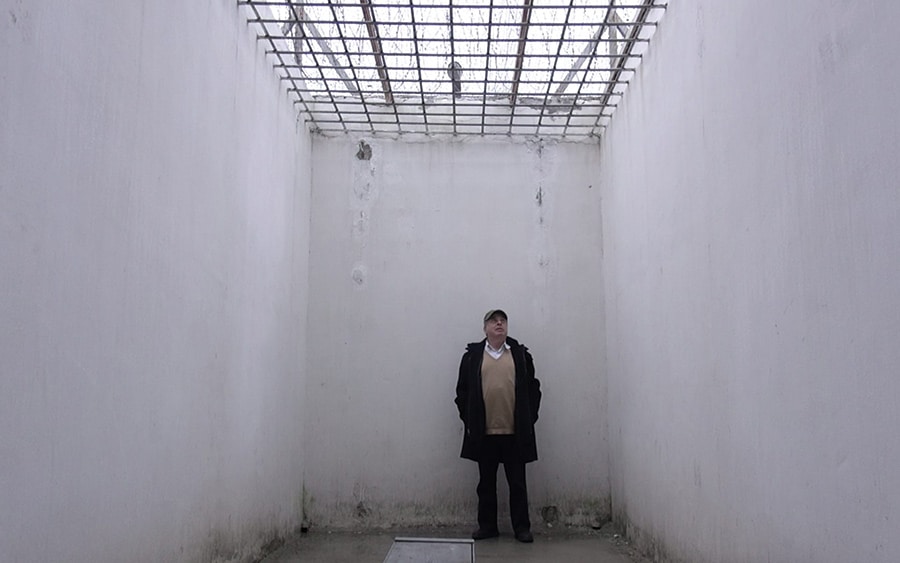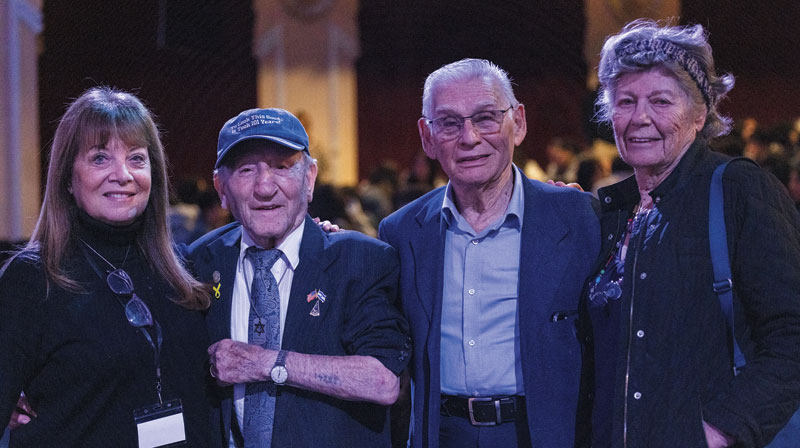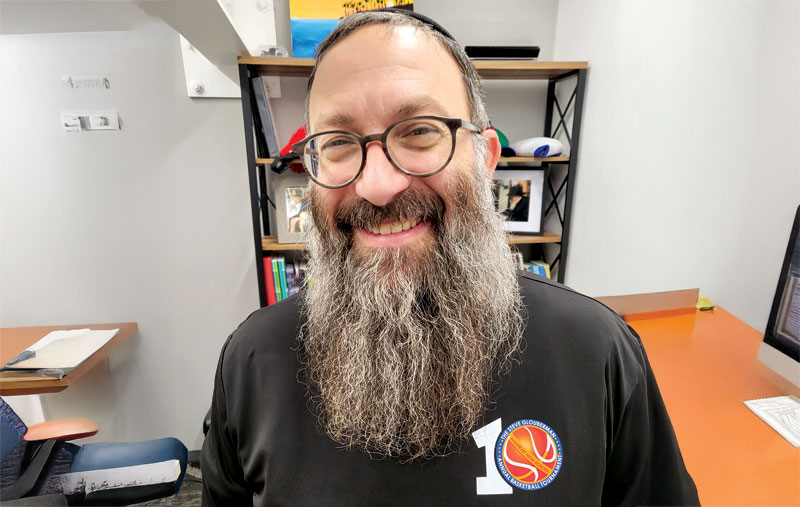
ON FEBRUARY 11, 1990, FOUR YEARS TO THE DAY
after my release, the South African government freed Nelson Mandela. He had served twenty-seven years in prison. Over the nearly three decades, some in the West had honored him, others denounced him. Now, it seemed the whole world greeted him enthusiastically.
A few weeks later, I received a phone call from Abe Foxman, the head of the Anti-Defamation League. Since we had met in Moscow during Hanukkah 1974, Abe had been my trusted accomplice. “Mandela knows who you are,” he said excitedly. “He read your book in prison and wants to meet you when he visits America.”
I was curious to meet Mandela too, wondering how he coped during his prison ordeal. I was planning to be in the United States. Abe, who hoped I would help make the case for Israel to Mandela, arranged for me to fly to Los Angeles on Friday, June 29.
When I arrived at the downtown Biltmore Hotel, where Mandela was staying, his wife Winnie told me that her seventy-one-year-old husband, who was being rushed from celebration to celebration and interview to interview, was sleeping. I sympathized, remembering my own exhausting, exhilarating freedom tour. But it was a Friday. With Sabbath approaching, I considered rescheduling. Everything in Los Angeles is too far away from everything else; if Mandela rested too long, I would not make it to my hosts in the suburbs on time. But the wait was worth it. Eventually, I met Mandela, refreshed and expansive, after his nap.
He told me that, in 1988, Helen Suzman, the only South African parliamentarian who had fought stubbornly for the right to visit him in prison, gave him a copy of Fear No Evil. Mandela was in his twenty-fifth year of imprisonment. Glancing at my four-hundred-page prison memoir, he told her, “It’s too thick. I won’t have time to read it all.” Once he started, though, Mandela said he read the book from cover to cover. “The interrogations were familiar to me,” Mandela told me, “but boy, you really suffered.”
“I suffered?” I asked, surprised. “You suffered three times worse. Twenty-seven years!”
“But,” Mandela replied proudly, “my people were with me. And you were alone.”
I was surprised how agitated his words made me. It felt like he was insulting my partners in crime, the Jewish people. “But my people were with me too,” I proclaimed, equally proudly.
Mandela smiled. “I read your book. It was all in your imagination. My people were with me in real life, all the time.”
We compared notes. While both of us had been stuck in a place called a prison, we were in vastly different institutions. Mandela explained that, during his long stretch on Robben Island, he met regularly with his comrades. They ran their revolutionary struggle from their cells. They received frontline reports, set strategy, made tactical decisions, and sent instructions to the field. He didn’t have to play chess in his head.
Was the world of my struggle only imagined? Was I really that alone?
For me, my dialogue with my people in prison was no less real than Mandela’s.
Excerpted from “Never Alone: Prison, Politics, and My People” by Natan Sharansky and Gil Troy. Copyright © 2020. Available from Bold Type Books, an imprint of Hachette Book Group, Inc.























 More news and opinions than at a Shabbat dinner, right in your inbox.
More news and opinions than at a Shabbat dinner, right in your inbox.